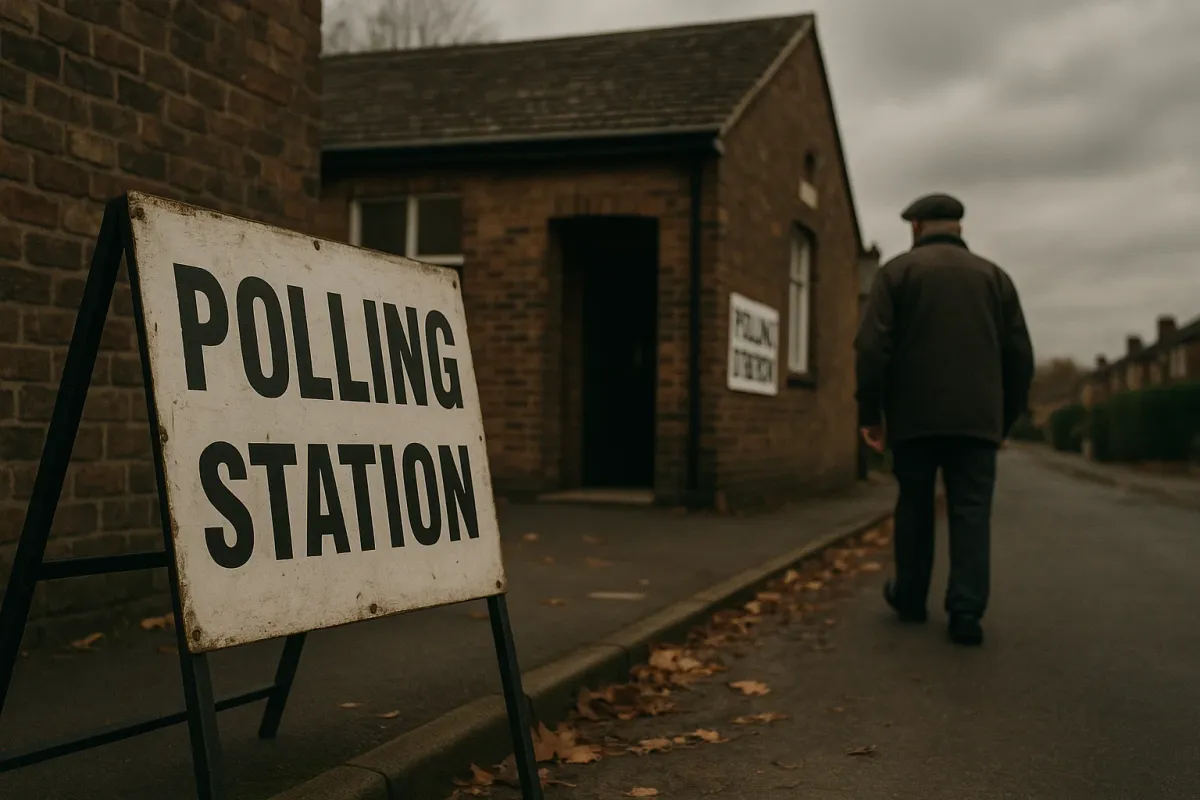This is the first in a series exploring the ideological confusion, moral theatre, and selective outrage surrounding the Israel–Hamas conflict.
On October 7, Hamas militants crossed into Israel and carried out the single deadliest attack on Jews since the Holocaust. Civilians were hunted in their homes, entire families executed, children and the elderly taken hostage. The atrocities were not only intentional; they were filmed, celebrated, and distributed as propaganda. For a brief window of time, the moral stakes seemed clear.
But the moment passed.
Within days, caveats began to appear. Sympathy softened into ambiguity. Calls for context morphed into calls for equivalence. By the time the Israeli response was underway, the horror of October 7 had receded into a polite preamble—acknowledged, yes, but only to be swiftly eclipsed by footage from Gaza and accusations of genocide. In a column for The Times, Matthew Parris writes that such details could be "taken as read," a phrase that perfectly captures the strange retreat of moral clarity in this war.
Parris is not alone. Across much of the Western media and political class, there has been a studied refusal to look directly at what happened on October 7, not just as a single atrocity, but as the opening act of a deliberately provoked war. Instead, we are urged to feel more than we think, to emote rather than reason. Images of injured children are offered not as tragedies requiring careful judgment, but as irrefutable proof of villainy. The very idea of moral complexity has become suspect, replaced by a grim arithmetic of victimhood that leaves no room for chronology, intention, or ideological roots.
At the heart of this confusion lies a kind of emotional hijacking. Hamas has long understood that in the age of viral imagery, civilian casualties are not merely collateral damage—they are strategic assets. The group fires rockets from hospitals and schools, knowing exactly what will happen next. It invites retaliation, embeds itself within the most vulnerable, and then harvests the footage of the aftermath. Western audiences, conditioned by a culture of instant outrage and shallow moral certainty, respond on cue. The logic of terrorism is not just tolerated; it is rewarded.
None of this is to deny the suffering in Gaza, nor to suggest that Israel’s military campaign is above scrutiny. But scrutiny without distinction is something else entirely. It is one thing to question the proportionality of airstrikes. It is another to collapse the distinction between a state defending itself against terrorism and a death cult that proudly sacrifices its own people. This collapse is not born of complexity—it is born of cowardice, of a fear that to see clearly is to be accused of taking sides.
That fear has led to a moral inversion in which calls for the eradication of Hamas are treated as extremist, while chants calling for the eradication of Israel are explained away. University students parade the iconography of a jihadist regime with the language of social justice. Activists in Western capitals call for ceasefires, not because they’ve assessed the facts, but because their ideological reflexes demand it. For many, Palestine has become a symbol more than a cause—a vessel into which unrelated grievances, decolonial fantasies, and latent antisemitism are poured.
This is not simply moral confusion; it is moral abdication. It is what happens when the metrics of justice are replaced by those of optics, when the burden of moral judgment is outsourced to whichever side can best manipulate the camera lens. In such an environment, clarity is heresy, and hesitation to condemn Israel in absolute terms is treated as betrayal.
You can criticise Israeli policy. Many Israelis do, often with greater force and specificity than their critics abroad. But if you cannot say plainly that Hamas is a terrorist group, that October 7 was a war crime of the highest order, and that Israel—whatever its flaws—has the right to exist and to defend its citizens, then you are not calling for peace. You are calling for surrender.
The tragedy of Gaza is real. But so is the ideology that perpetuates it. If we cannot hold both thoughts at once, we are not engaged in justice; we are engaged in theatre.
Further reading
Democracies and Death Cults by Douglas Murray
Murray’s urgent new essay on Hamas, Israel, and the West’s reaction — an unflinching call to defend liberal democracy against genocidal ideologies and their apologists.
After the Pogrom: October 7, Israel and the Crisis of Civilisation by Josh Feldman
A reflective and historically grounded response to October 7, offering moral clarity on the stakes for Israel, liberal values, and the Western conscience.
Israelophobia by Jake Wallis Simons
A forensic look at the modern resurgence of antisemitism under the banner of anti-Zionism, and how hatred of Israel has become a socially acceptable outlet for deeper bigotries.
The Open Society and Its Enemies by Karl Popper
Popper’s classic defence of liberal democracy and intellectual pluralism — and a prescient warning about the dangers of ideological totalism.
The Psychology of Totalitarianism by Mattias Desmet
A provocative but important study of mass formation, authoritarian thinking, and how fear and confusion are weaponised to erode individual autonomy.
If you found this useful, consider subscribing for more thought-provoking articles. And feel free to share your take in the comments below.
You might also like:









